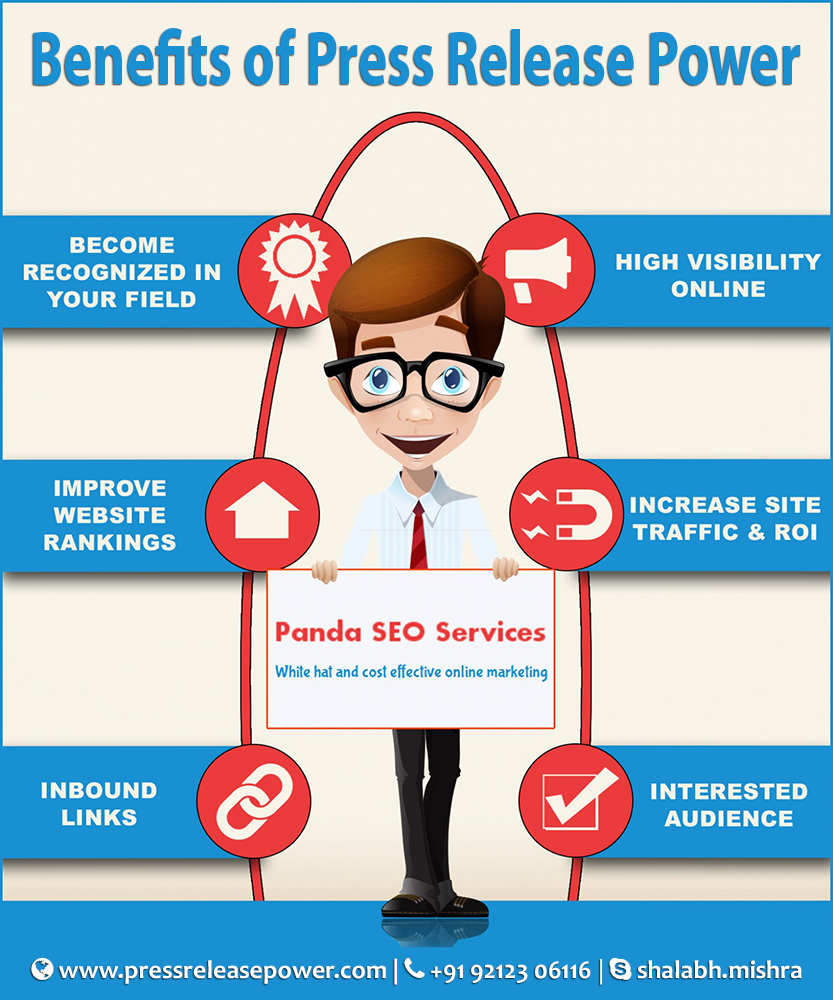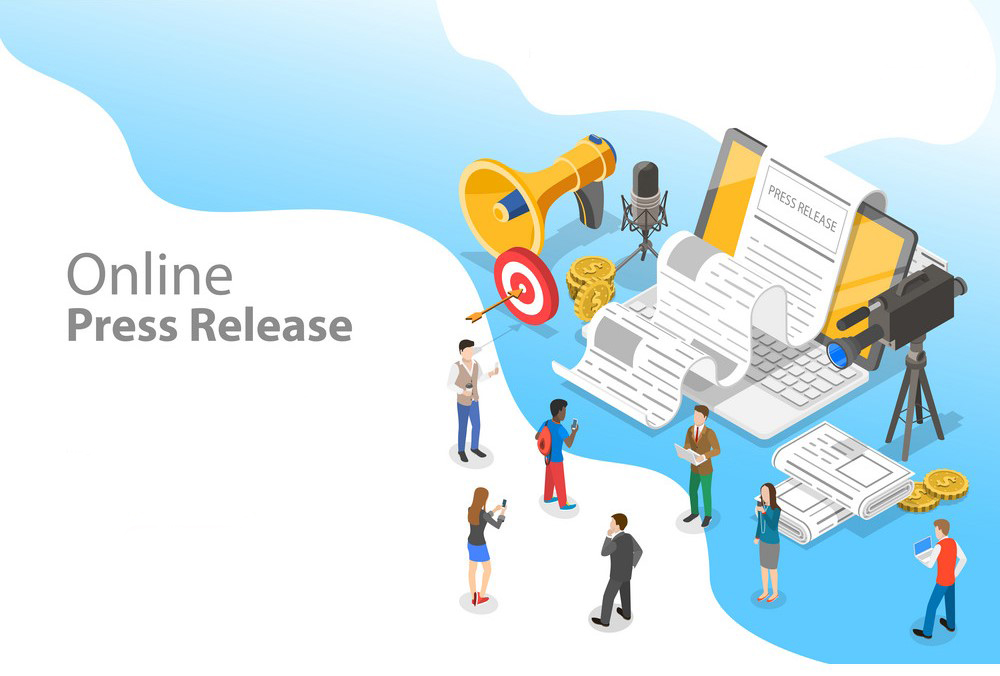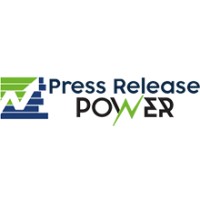How can you effectively follow up with leads for a high ticket offer?
Mastering the art of following up with leads for high-ticket offers involves personalized communication, timely responses, and addressing specific pain points. Build trust by providing value and maintaining consistent engagement. Leverage CRM tools to track interactions and tailor follow-ups to each lead’s needs and interests.

How to Effectively Follow Up with Leads for a High-Ticket Offer
In the competitive world of high-ticket sales, the follow-up process is crucial. Securing a significant deal often hinges on how you manage and nurture your leads. Effective follow-up can turn a lukewarm lead into a committed client. Below, we delve into strategies and best practices for maximizing your follow-up efforts and converting high-ticket leads.
Understanding the High-Ticket Sales Process
High-ticket sales refer to transactions involving high-value products or services. These offers typically require a more involved sales process due to their cost and the commitment required from the buyer. Understanding the nuances of this sales cycle is key to effective follow-up. Unlike lower-ticket items, high-ticket offers often involve longer decision-making processes, multiple touchpoints, and a more personalized approach.
Crafting a Personalized Follow-Up Strategy
A one-size-fits-all approach rarely works for high-ticket offers. Personalization is essential. Start by segmenting your leads based on their interests, previous interactions, and purchase intent. This segmentation allows you to tailor your communication to address specific needs and pain points.
Use the information gathered during initial interactions to craft personalized messages. Reference past conversations, acknowledge any concerns they raised, and offer solutions that align with their needs. Personalized follow-ups demonstrate that you value their business and are invested in providing a solution that fits their unique situation.
Timing Your Follow-Ups Strategically
Timing is a critical factor in follow-up success. Following up too soon can seem pushy, while waiting too long might cause you to miss out on the opportunity. The key is to find the right balance.
Implement a follow-up schedule that aligns with the lead’s buying cycle. For instance, if a lead expressed interest but was not ready to commit, plan a follow-up that coincides with their likely decision-making timeline. Use reminders and automated tools to ensure timely follow-ups without overwhelming your leads.
Utilizing Multiple Communication Channels
Relying solely on one communication channel can limit your chances of reaching and engaging with your leads. Diversify your follow-up approach by using various channels such as email, phone calls, social media, and even personalized video messages.
Email follow-ups are useful for providing detailed information and resources. Phone calls offer a more personal touch and allow for real-time interactions. Social media can help maintain engagement and build rapport. Video messages add a personal element and can make your follow-ups stand out.
Creating Value in Every Interaction
Every follow-up should provide value to the lead. Instead of merely reminding them of your offer, use your interactions to educate, inform, or offer additional insights. Share relevant content, such as case studies, industry reports, or success stories, that highlights the benefits and unique selling points of your high-ticket offer.
By focusing on value, you position yourself as a knowledgeable resource rather than just a salesperson. This approach helps build trust and demonstrates your commitment to addressing the lead’s needs.
Addressing Objections and Concerns
High-ticket purchases often come with a range of objections and concerns. Effective follow-up involves addressing these issues head-on. During your interactions, actively listen to any objections the lead may have and respond with well-thought-out solutions.
Prepare for common objections related to price, value, or timing. Develop responses that reassure the lead of the offer’s worth and how it addresses their specific needs. Demonstrating empathy and providing clear, concise answers helps build confidence and moves the lead closer to a decision.
Leveraging CRM Tools for Efficient Follow-Up
Customer Relationship Management (CRM) tools are invaluable for managing high-ticket leads. These tools help you keep track of interactions, schedule follow-ups, and store important information about each lead.
Utilize CRM features such as automated reminders, follow-up sequences, and lead scoring to streamline your follow-up process. CRM tools also provide insights into lead behavior, allowing you to tailor your approach based on their engagement levels and preferences.
Building Relationships Through Consistent Follow-Up
High-ticket sales are often based on trust and relationships. Consistent follow-up helps build and maintain this relationship over time. Regular touchpoints keep your offer top-of-mind and demonstrate your commitment to supporting the lead throughout their decision-making process.
Develop a follow-up cadence that includes periodic check-ins, updates, and relevant information. Even if a lead is not immediately ready to purchase, staying in touch helps keep the relationship active and increases the likelihood of future engagement.
Using Social Proof to Enhance Your Follow-Ups
Social proof is a powerful tool in high-ticket sales. Incorporate testimonials, reviews, and case studies into your follow-up communications. Social proof provides credibility and reassures leads of the value and effectiveness of your offer.
Share success stories from past clients who have benefited from your high-ticket offer. Highlight specific results and experiences that align with the lead’s interests and needs. By showcasing positive outcomes, you build trust and increase the appeal of your offer.
Tracking and Analyzing Follow-Up Effectiveness
To refine your follow-up strategy, it’s important to track and analyze the effectiveness of your efforts. Monitor key metrics such as response rates, engagement levels, and conversion rates. Use this data to identify successful tactics and areas for improvement.
Regularly review your follow-up processes and make adjustments based on performance insights. Experiment with different approaches and channels to find what works best for your audience. Continuous analysis helps optimize your follow-up strategy and improve overall conversion rates.
Handling High-Ticket Offers with Care and Precision
The stakes are higher with high-ticket offers, so every interaction counts. Approach each follow-up with care and precision, ensuring that you address the lead’s specific needs and provide relevant information.
By personalizing your approach, timing your follow-ups strategically, and delivering value in every interaction, you increase the chances of converting leads into committed clients. Effective follow-up is an ongoing process that requires dedication, attention to detail, and a focus on building strong relationships.
FAQ
What is the best way to personalize follow-up communications? Personalize follow-up communications by referencing past interactions, addressing specific needs, and tailoring your message to the lead’s interests and pain points.
How often should I follow up with a high-ticket lead? The frequency of follow-ups should align with the lead’s buying cycle and level of engagement. Avoid being too pushy; instead, aim for regular touchpoints that provide value and keep the relationship active.
Which communication channels are most effective for follow-ups? Utilize a mix of communication channels, including email, phone calls, social media, and video messages. Diversifying your approach increases the chances of reaching and engaging with your leads.
How can I handle objections during follow-up? Address objections by actively listening, empathizing with the lead’s concerns, and providing clear, well-thought-out responses that highlight the value and benefits of your offer.
What role does social proof play in follow-ups? Social proof, such as testimonials and case studies, builds credibility and reassures leads of the effectiveness of your offer. Incorporate social proof into your follow-ups to enhance trust and appeal.
How can CRM tools improve my follow-up process? CRM tools help manage interactions, schedule follow-ups, and track lead information. Features such as automated reminders, follow-up sequences, and lead scoring streamline your follow-up efforts and provide valuable insights.
How do I measure the success of my follow-up strategy? Track key metrics such as response rates, engagement levels, and conversion rates to measure the success of your follow-up strategy. Analyze this data to identify successful tactics and areas for improvement.
Get in Touch
Website – https://www.webinfomatrix.com
Mobile - +91 9212306116
Whatsapp – https://call.whatsapp.com/voice/9rqVJyqSNMhpdFkKPZGYKj
Skype – shalabh.mishra
Telegram – shalabhmishra
Email - info@webinfomatrix.com
What's Your Reaction?















